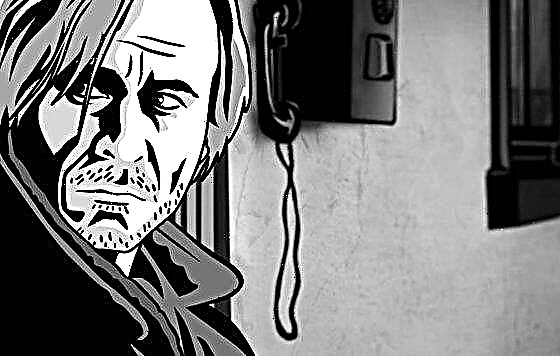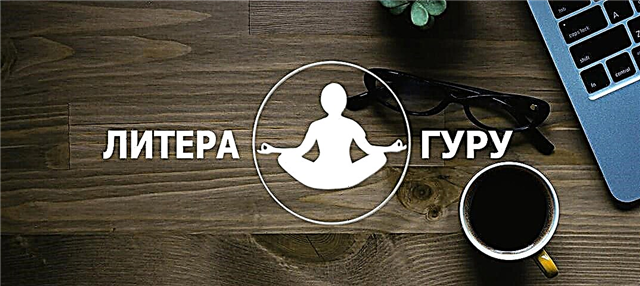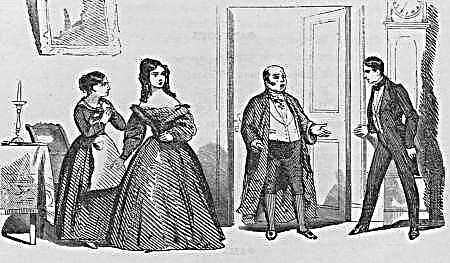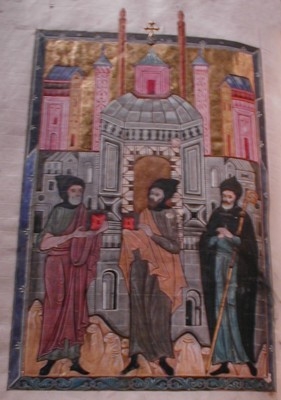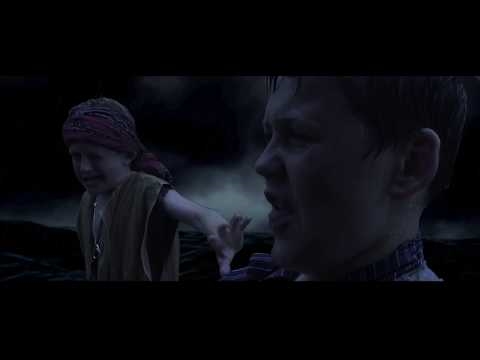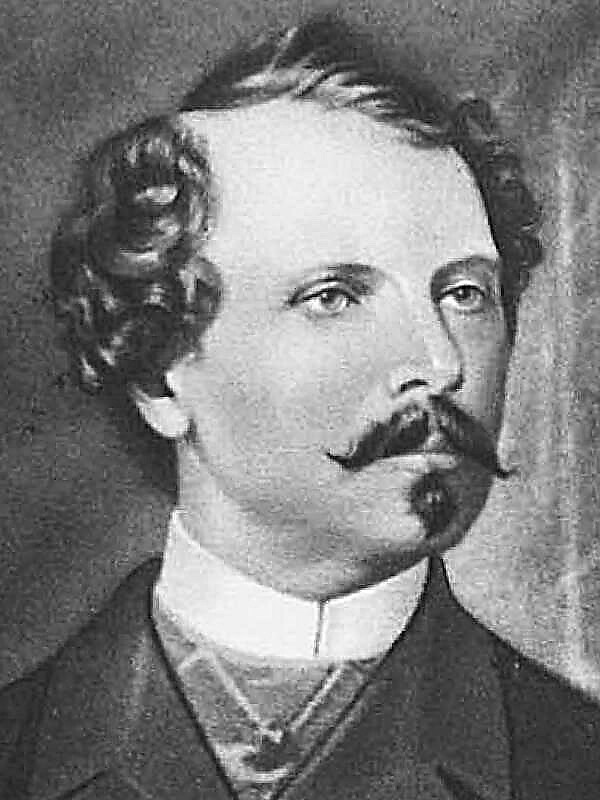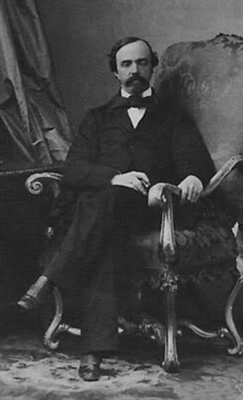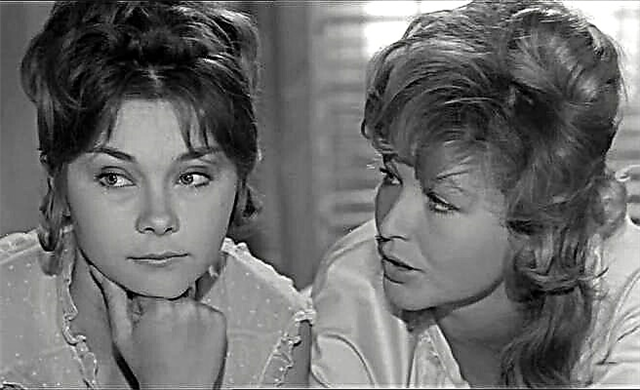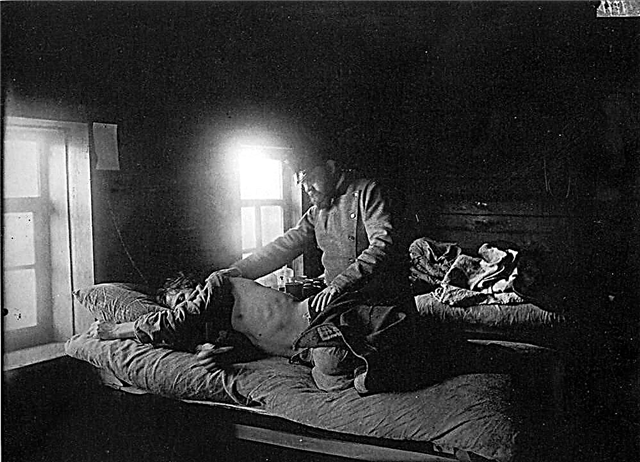(334 words) The poem by Alexander Trifonovich Tvardovsky “Vasily Terkin” is distinguished by the simplicity of the language and lively narrative. One of the main themes of the work is the theme of war. However, the author does not describe the hostilities, but tells the reader about the daily lives of the fighters. It is thanks to an understandable story about the morals and life of our defenders, about their thoughts, about the exploits of ordinary Soviet people, that the reader has a plausible picture of the war.
Reading a poem, we live day after day with the front-line soldiers, we learn about their joys and sorrows, victories and defeats. Despite the fact that the soldiers bravely go into battle, none of them knows who will die in the next battle. The war in the poem seems to us unpredictable, ruthless and terrible. So, in the chapters “Crossing” and “On Love”, the author writes about how much the letters from home are dear to the soldiers. Everyone, somewhere far from the front, has relatives, protecting whom the soldiers again and again go into battle, not knowing whether this or the next battle will be the last. The unity of the spirit of our soldiers is traced throughout the poem, we clearly understand that everyone is striving to free their native land from violence and cruelty of the Nazis:
... The guns hit in pitch darkness.
The battle is holy and right.
Mortal combat is not for glory
For the sake of life on earth.
Despite the fact that the war completely changed the life of Soviet people, nothing mundane is alien to the soldiers. They still love Vasily Terkin’s jokes, argue about which shoes are more comfortable, listen to the accordion, and remember their friends and relatives. That is, A.T. Twardowski says that the war was able to separate or even physically destroy people, but she could not kill humanity in the soldiers. The author emphasizes that everything connected with such daily needs as sleep, food, rest, is connected with the battlefield. The soldiers do not know rest: they sleep in dugouts, rest next to tanks. In other words, the Great Patriotic War completely consumed the generation, which fell to the lot to fight and defend their homeland from fascism.
Thus, we can say that the Great Patriotic War is the central theme in the poem around which events in the lives of fighters develop. Warriors are deprived of many joys, but courage, support from their comrades and faith in victory help them to “defeat” the brutality of war.


